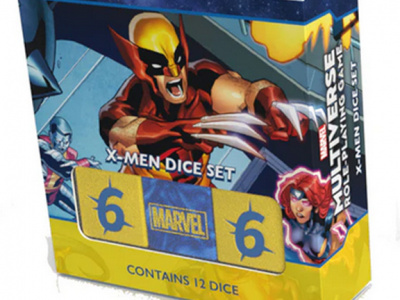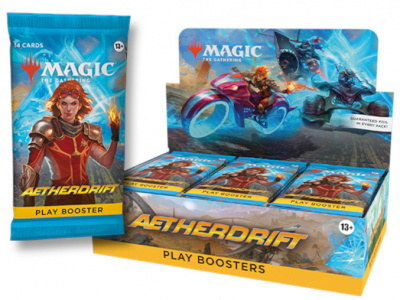Hasbro, the nation's number 2 toymaker, reported improved fourth quarter and full year earnings, but the company's stock price fell slightly as investors worried about Hasbro's ability to replace the sales generated by Star Wars toys, which contributed a whopping $494.1 million in 2005, and which are likely to fall precipitously with the end of the Star Wars movie cycle. Hasbro has signed a five-year deal with Marvel (see 'Marvel Inks 5-Year Deal With Hasbro'), but that agreement, which one analyst estimates could provide $300 million a year in sales, won't take effect until 2007, which means that Hasbro could have a tough time matching its 2005 performance in 2006.
Hasbro's revenues in the U.S. Toys segment were $1.1 billion for the year and $305.6 million for the quarter compared with $952.9 million and $263.7 million in 2004 respectively. The nearly 16% growth in fourth quarter toy sales was largely the result of the strong performance by Hasbro's Star Wars toys, which more than overcame the continued worldwide decline in revenue from the company's Beyblade line of hi-tech tops. Many of the hottest Star Wars skus were sold out at key mass merchant toy venues near the end of the 2005 holiday season.
Revenues from Hasbro's games segment declined in the fourth quarter (after a better Q3, see 'Game Sales Lift Hasbro Earnings') with sales dropping from $270.3 million in 2004 to $235.7 million in 2005. Operating profits plummeted from $42.9 million in 2004 to $9.3 million in 2005; the decline in sales was due in large part to a decline in high margin trading card game sales, which were also weak in Q3. Profits in this segment were also hurt by 'inventory obsolescence and customer allowance charges associated with some of the new plug and play initiatives,' demonstrating once again Hasbro's inability to make its electronic initiatives pay.







